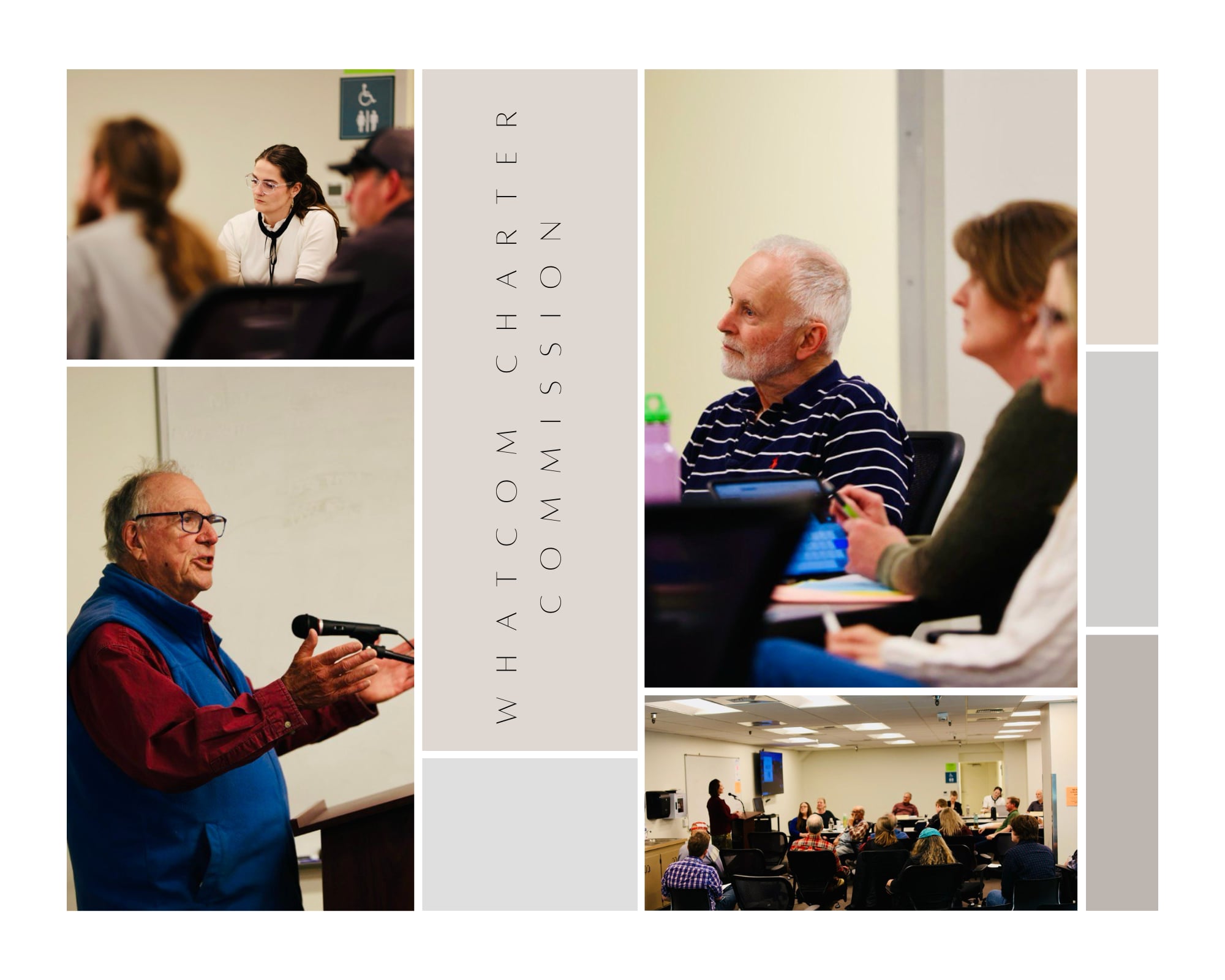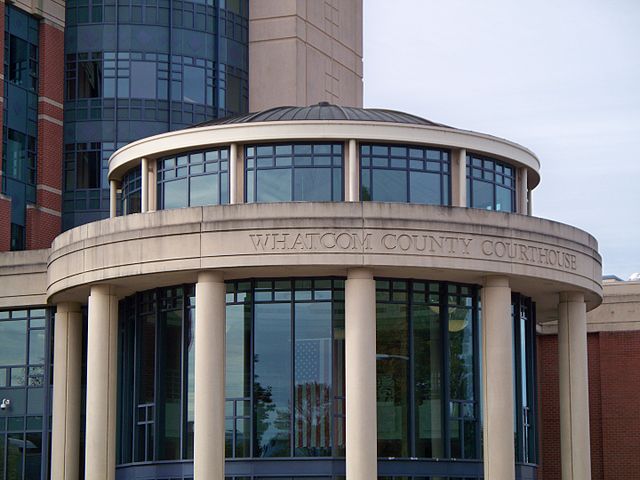By Greg Thames
BELLINGHAM, WA – On Monday night, the Whatcom County Charter Review Commission held a special meeting that focused heavily on a question many voters may not have considered: Should Whatcom County adopt ranked-choice voting?
For some, ranked-choice voting—or RCV—represents a promising step toward better elections. For others, it raises concerns about cost, complexity, and fairness. And for many of us, it’s simply unfamiliar.
The idea behind RCV is that voters rank candidates in order of preference rather than picking just one. If no candidate wins a majority of first-choice votes, the candidate with the fewest is eliminated, and their votes are redistributed based on the following preferences. The process continues until someone receives more than 50% of the active votes.
The public comment period during the meeting offered enthusiastic support and wary skepticism.
Several community members, including FairVote volunteers, argued that RCV gives voters more voice and reduces the pressure to vote strategically. Jesse Post, a Ferndale resident, shared how young children at public events had no trouble understanding how to rank their favorite candies. “It’s intuitive,” he said.
Another supporter, Wendy Zob, noted that voters in Alaska and Maine have adapted to the system. “We’re just as capable here in Whatcom County,” she said, asking the Commission to put the question to voters this November.
But not everyone shared that confidence.
Kent Murray, who has lived in the county since the late 1980s, expressed concern that RCV weakens competition and risks sidelining minority voices. “Democracy should protect the minority,” he said. “Ranked choice doesn’t always do that.”
Other speakers raised questions about costs and the ability of local election systems to handle the change. Alicia Smith called RCV confusing and instead advocated for a return to traditional voting methods, like precinct-based elections with voter ID.
The Commission also heard from guest speakers with experience administering RCV elections. Tom Stohlman, an election commissioner from Cambridge, Massachusetts, described how his city has used proportional ranked voting for over 80 years and praised it as a way to reflect the diversity of voter preferences.
A former Utah County Clerk, Josh Daniels said his team saw little voter confusion when implementing RCV. He noted that most calls to their office during the election were about deadlines and registration—not the ranked ballot itself. “It’snot a boogeyman,” he said. “We used the same systems and the same audits.”
Still, Daniels acknowledged that any voting system has trade-offs. He encouraged communities to ask what they want most out of their elections—simplicity, efficiency, representation, or something else.
Some commissioners expressed curiosity about whether RCV would really change outcomes or just the process. A visual demonstration by Commissioner Collins showed how votes shift during the counting process. The scenario was hypothetical, but it raised questions about how votes from less popular candidates ultimately help determine the winner.
There was also some discussion about replacing at-large county council seats with district-based, multi-member seats—another change that could be tied to RCV under a proportional model. Opinions varied on whether such changes would help balance urban and rural representation.
At the end of the evening, the Commission had made no final decisions. But it was clear that RCV has become a central topic in this year’s charter review.
Whether it’s the right path for Whatcom County is still debated. For now, the Commission appears committed to exploring the issue further—and possibly giving voters the final say.
Discover more from Bellingham Metro News
Subscribe to get the latest posts sent to your email.





